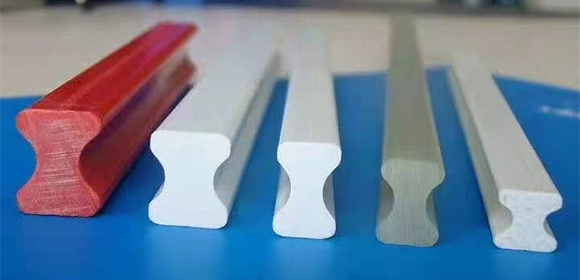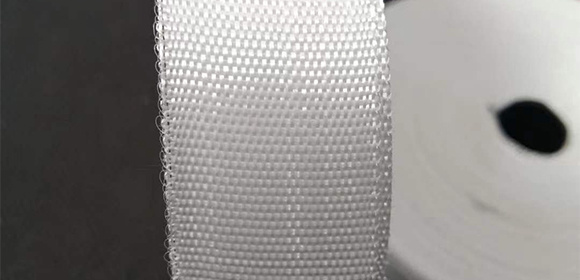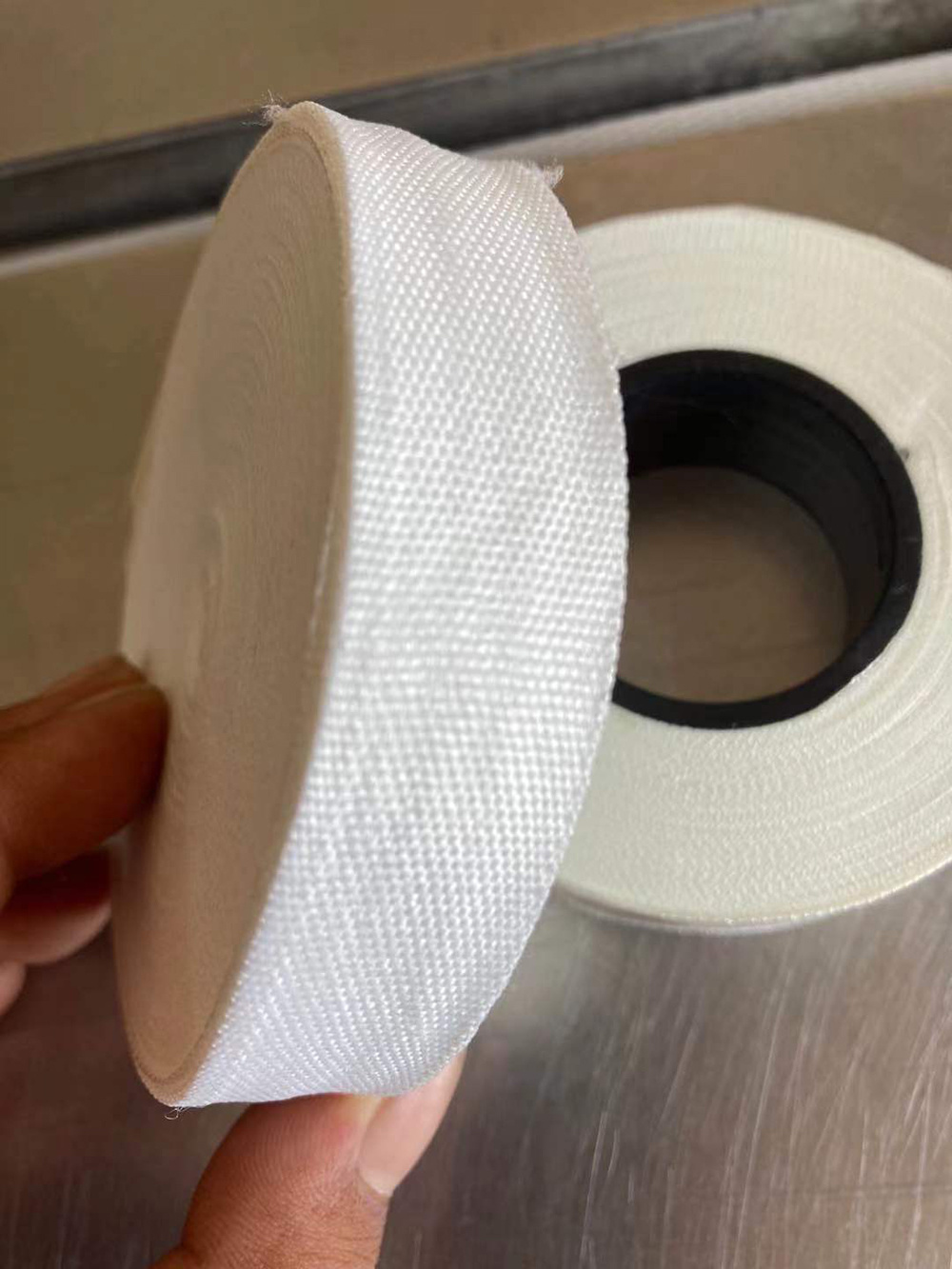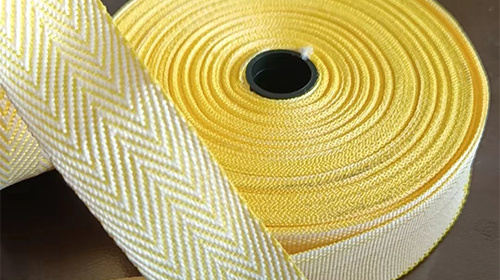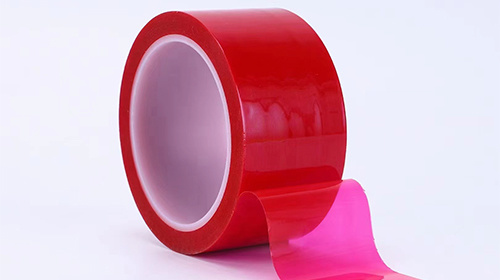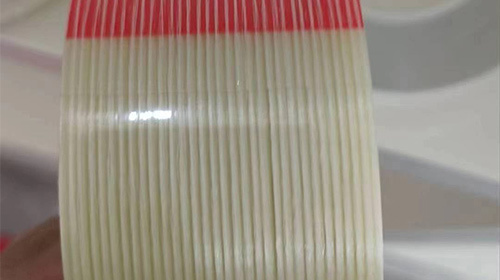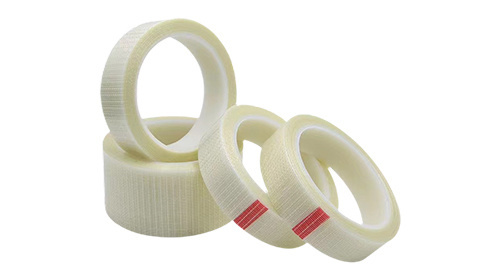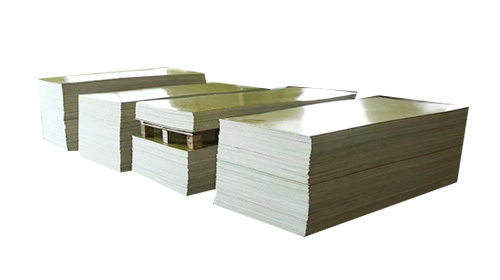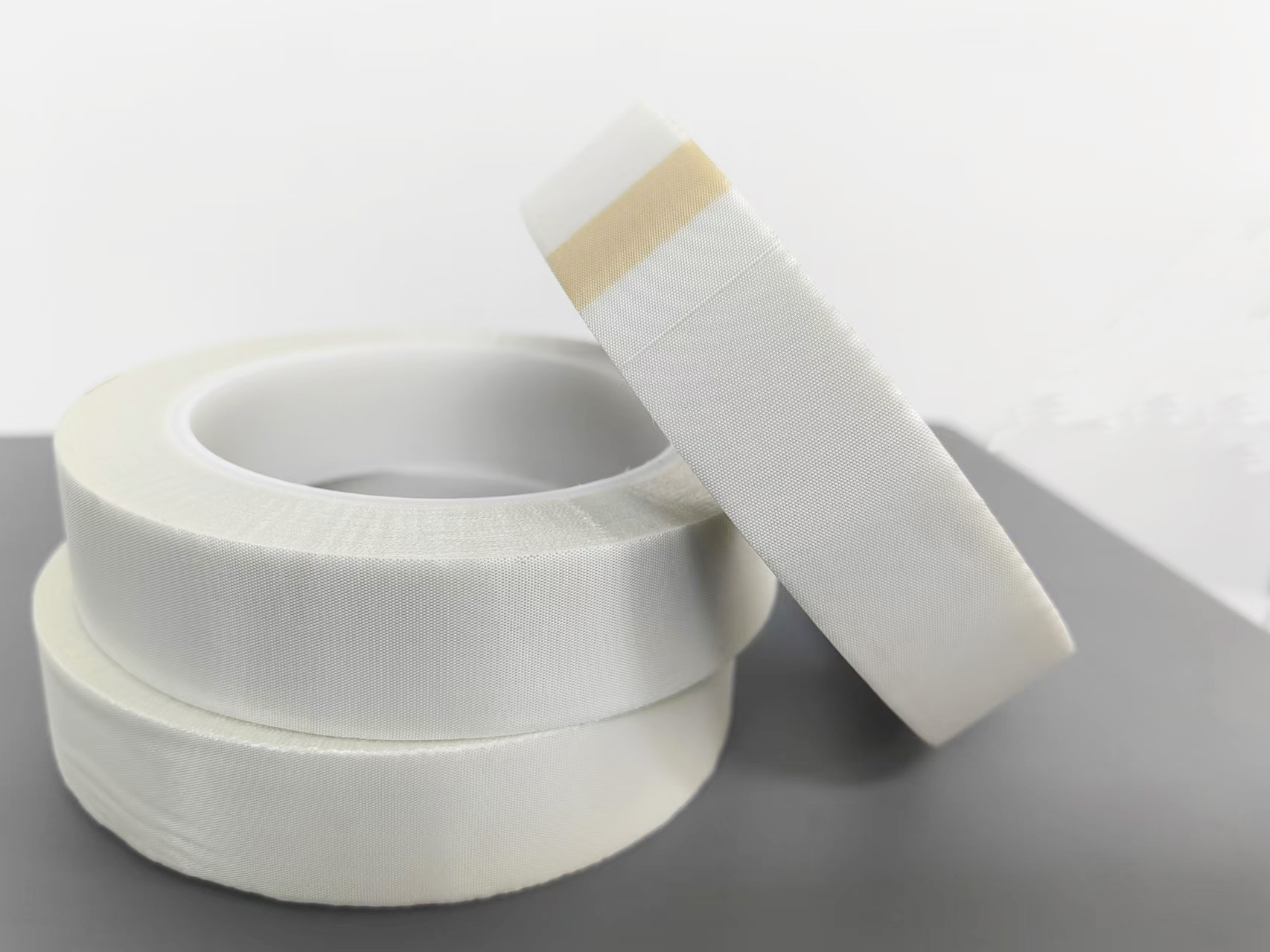Exploring the Versatility of Flexible Composite Materials in Insulation
Exploring the Versatility of Flexible Composite Materials in Insulation
Table of Contents
1. Introduction to Flexible Composite Materials
2. What Are Flexible Composite Materials?
3. Key Properties of Flexible Composite Materials
4. Benefits of Using Flexible Composite Materials in Insulation
5. Applications of Flexible Composite Materials in Various Industries
Exploring the Versatility of Flexible Composite Materials in Insulation
Table of Contents
- 1. Introduction to Flexible Composite Materials
- 2. What Are Flexible Composite Materials?
- 3. Key Properties of Flexible Composite Materials
- 4. Benefits of Using Flexible Composite Materials in Insulation
- 5. Applications of Flexible Composite Materials in Various Industries
- 6. Challenges in Implementing Flexible Composite Materials
- 7. Future Trends in Flexible Composite Materials for Insulation
- 8. Frequently Asked Questions
- 9. Conclusion
1. Introduction to Flexible Composite Materials
In the realm of electrical insulation, the quest for materials that combine effectiveness, flexibility, and durability has led to the emergence of **flexible composite materials**. These innovative materials are increasingly becoming the backbone of insulation solutions across various industries. Their unique properties allow them to adapt to diverse applications, making them a versatile choice for engineers and designers alike.
2. What Are Flexible Composite Materials?
Flexible composite materials are engineered substances composed of two or more constituent materials, which, when combined, produce a material with enhanced properties. Typically, these materials consist of a matrix—often a polymer—that binds together reinforcement materials, such as fibers or fillers, to create a composite that exhibits superior mechanical, thermal, and electrical characteristics. The flexibility of these materials allows them to conform to different shapes and surfaces, making them ideal for insulation purposes.
Types of Flexible Composite Materials
1. **Polymer Matrix Composites (PMCs)**: These are made from a polymer matrix and fibrous reinforcements. They are lightweight, resistant to chemicals, and provide excellent insulation.
2. **Metal Matrix Composites (MMCs)**: Combining metals with other materials, MMCs offer high strength and thermal conductivity in insulation applications.
3. **Ceramic Matrix Composites (CMCs)**: CMCs provide high-temperature stability and excellent thermal resistance, making them critical in specialized insulation applications.
3. Key Properties of Flexible Composite Materials
Flexible composite materials possess several attributes that make them suitable for insulation applications:
Thermal Insulation
These materials can effectively resist heat transfer, ensuring that energy loss is minimized. Their low thermal conductivity contributes to energy efficiency in buildings and electrical components.
Electrical Insulation
With high dielectric strength, flexible composites prevent electrical discharge and protect sensitive components from short circuits and other electrical failures.
Mechanical Strength
These materials exhibit excellent tensile strength and durability, allowing them to withstand mechanical stress without deformation.
Chemical Resistance
Many flexible composite materials are resistant to harsh chemicals, making them ideal for use in environments where exposure to corrosive substances is likely.
Lightweight Nature
The reduced weight of flexible composites makes them easier to handle and install compared to traditional insulation materials, providing significant advantages in various applications.
4. Benefits of Using Flexible Composite Materials in Insulation
The adoption of flexible composite materials in insulation applications offers numerous benefits:
Energy Efficiency
By minimizing thermal loss, these materials help to reduce energy consumption, which is crucial in both industrial and residential settings. This can lead to substantial cost savings over time.
Enhanced Performance
Flexible composites maintain their insulating properties over a wide range of temperatures and environmental conditions, ensuring consistent performance throughout their lifespan.
Design Flexibility
Their adaptability allows engineers to incorporate flexible composites into complex designs, helping to meet specific insulation requirements without compromising functionality.
Reduced Maintenance Costs
With their durability and resistance to degradation, flexible composite insulation materials require less maintenance, further reducing overall operational costs.
Environmental Benefits
Many flexible composites are manufactured from recycled materials or are designed to be recyclable, contributing to sustainability in insulation practices.
5. Applications of Flexible Composite Materials in Various Industries
The versatility of flexible composite materials enables their use across a wide range of industries:
Electrical and Electronics
In the electrical sector, flexible composites are used for insulating wires, cables, and circuit boards. Their high dielectric strength is critical in preventing electrical failures.
Automotive
Automotive manufacturers utilize flexible composite materials for thermal and electrical insulation in engines, battery systems, and wiring harnesses, enhancing vehicle safety and efficiency.
Aerospace
In aerospace applications, lightweight flexible composites help reduce the overall weight of aircraft while providing essential thermal and electrical insulation.
Construction
Flexible composites are becoming increasingly popular in building insulation, where they help maintain energy efficiency and reduce heating and cooling costs.
Manufacturing
In manufacturing settings, these materials are employed to insulate machinery and equipment, minimizing energy losses and protecting sensitive components from overheating.
6. Challenges in Implementing Flexible Composite Materials
Despite their advantages, the implementation of flexible composite materials can present challenges, such as:
Cost Factors
The initial investment in flexible composite materials may be higher than traditional insulation options. However, the long-term savings in energy and maintenance often justify the cost.
Manufacturing Complexity
The production of flexible composites can be more complex than traditional materials, requiring specialized equipment and techniques.
Material Compatibility
Ensuring compatibility between different materials in composite formulations is essential for maintaining performance and durability.
7. Future Trends in Flexible Composite Materials for Insulation
As technology advances, the future of flexible composite materials in insulation looks promising:
Smart Insulation Solutions
Integration of sensors and smart technology into flexible composites will enable real-time monitoring of insulation performance and environmental conditions.
Sustainability Initiatives
The focus on eco-friendly materials will drive innovation in flexible composites, leading to more sustainable production processes and materials.
Advanced Manufacturing Techniques
3D printing and other advanced manufacturing methods will enhance the design and production of flexible composite materials, allowing for more customized insulation solutions.
8. Frequently Asked Questions
What are the primary applications of flexible composite materials in insulation?
Flexible composite materials are used in electrical and electronics, automotive, aerospace, construction, and manufacturing industries for thermal and electrical insulation.
How do flexible composite materials compare to traditional insulation materials?
They often provide superior thermal and electrical insulation, reduced maintenance, and greater design flexibility compared to traditional materials.
Are flexible composite materials environmentally friendly?
Many flexible composites are manufactured from recycled content or designed to be recyclable, contributing to sustainability efforts.
What are the main benefits of using flexible composite materials for insulation?
Flexible composites offer energy efficiency, enhanced performance, reduced maintenance costs, and design versatility in insulation applications.
How do I choose the right flexible composite material for my application?
Consider the specific insulation requirements, such as thermal conductivity, dielectric strength, environmental conditions, and budget constraints when selecting a material.
9. Conclusion
Flexible composite materials represent a significant advancement in insulation technology, offering a unique combination of properties that make them ideal for various applications. As industries continue to seek innovative solutions for energy efficiency and sustainability, the versatility of these materials positions them as a preferred choice for insulation. Whether in electrical applications, automotive innovation, or construction, flexible composite materials will play a crucial role in shaping the future of insulation. By understanding their benefits and applications, professionals can harness the full potential of these materials to meet the demands of modern design and efficiency.
Previous






